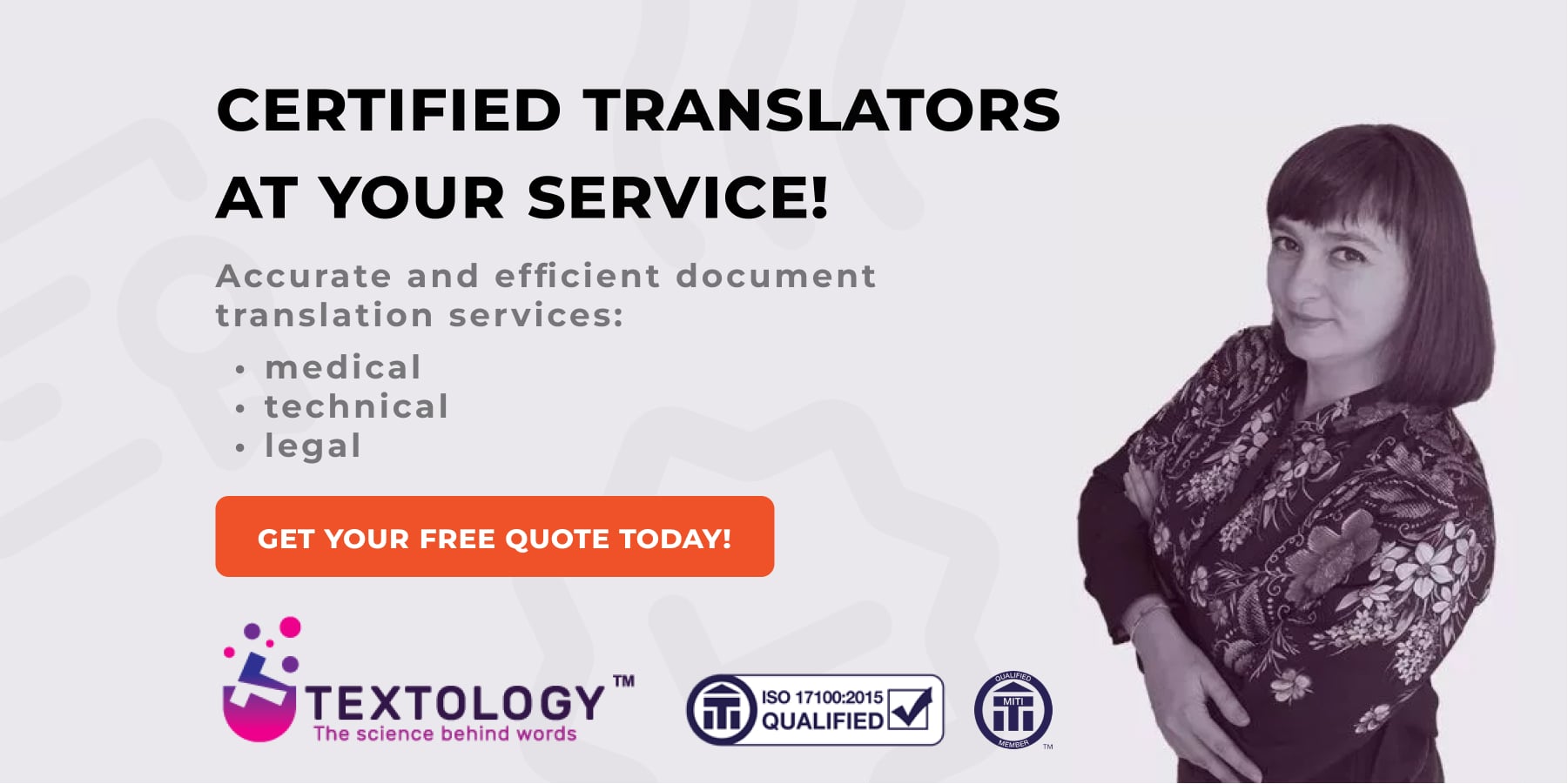
All business dealings are governed by a set of specific rules, collectively known as business law. It can vary greatly not only on the international level, but also within specific regions of a given country, especially if they have their legislative autonomy (e.g., like in the case of individual USA states). Let’s take a closer look at what exactly business law incorporates and why it is important in legal translation.
What is the business law?
As already mentioned, business law (also known as commercial or mercantile) is a body of rules that governs all the dealings between persons in commercial matters. It can be divided into two distinctive subcategories:
- The regulation of commercial entities
- The regulation of commercial transactions.
It deals with everything from the creation of new business to anything related to maintaining economic activity, e.g., real estate, tax law, sales, intellectual property, contracts, employment, and bankruptcy. Law firms can help you to uphold all the regulations applying to your company.
Each country has its own set of commercial activity rules, which can be a problem if you want to expand your company to the international market. To ensure there’s no miscommunication, you would need a trusted and professional translation partner.
How does business law affect legal translation service?
As any other laws, business ones are prone to have the so-called small print included in their texts. This makes it tricky to convey the message properly into target language – even a small mistake in legal translation work can have dire consequences. A good example of this is the Treaty of Waitangi from 1840 – a single word mistranslated from English to Maori sparked an over century-long crisis. That unfortunate treaty is being argued about till this day.
So as you can see, there’s no room for inaccuracy while dealing with legal documents. The more jargon-heavy the source text is, the harder the translation process is. Using machine translation is completely out of the question – any type of legal translations should always be conducted by human translators with years of work experience and vast knowledge of intricate terms used in a given industry. Proper legal translation services are therefore essential for companies expanding abroad.
While translating legal documents for business use, you must make sure that their content coincides with the international and regional legal regulations. When in doubt, contact a professional with a law degree. Moreover, legal translation services themselves are subject to business laws as they are, in fact, commercial transactions that produce intellectual property. Legal translation also has its own set of rules, varying between different countries. For example, some countries call for state-certified translators (e.g., Argentina and Brazil), while others (like Poland, Spain, or Sweden) only recognize ‘sworn translations’ as valid for legal purposes (e.g., in patent translation). On the other hand, we have countries like the UK, that don’t require accreditation for legal document translation.
At this point, you might wonder – are translations protected by copyright? We’ve answered this question in a dedicated post.

Are legal and certified translations the same?
This matter can be a bit confusing and some people may think these translations are one and the same. Although similar in some aspects, they are, in fact, two different types of translation services.
Legal translations deal with documents prepared by lawyers and professionals involved in law practice or company/business documents. It needs to be prepared by a legal translation professional, but doesn’t require official state approval in most cases.
Certified translations can involve scientific, legal, literary, or technical contents that will be submitted to entities and organizations that require attests of translation’s accuracy. These types of translations must be approved by officially recognized certified translators or translation agencies.
How to choose the best legal translator?
Businesses that want to thrive abroad should make sure to hire the best translation experts available. Language skills aren’t the only criterion you should take into consideration while looking for linguists, though. A good legal translator should also have vast knowledge of the subject and regional legal system. This is especially important for complicated languages that use different alphabets and linguistic structures (like Chinese). Legal dealings often have strict timetables, which requires legal translators to be able to complete their work within strict deadlines – they have to be fast and effective. So if you’re looking for legal translators, you should alway check their credentials and verify their experience. To make sure your document will get the best possible treatment, hire only the most trustworthy and dependable translation partners.
Here at TEXTOLOGY – a London-based translation agency – we guarantee only the best quality translations of legal, medical and technical documents done by native-speaking, knowledgeable professionals. Contact us by email or request a no-obligation, free quote for your project.

